Chiang Mai, Thailand (CNN) — Prior to the pandemic, Chiang Mai received around four million international visitors a year, according to Tourism Authority of Thailand (TAT) figures.
But the economic effects of Covid-19 on this tourist city and province of the same name in northern Thailand have been nothing short of devastating, with many travel-related businesses closing and thousands of people losing their jobs.
It’s estimated that in the period from January to June 2021, the tourism sector of Chiang Mai province lost over 60 billion baht (about $1.8 billion) in revenue, according to Watcharayu Kuawong, director of the Chiang Mai office of the TAT.
But relief may finally be on the way for operators of tourist-dependent businesses that have managed to hold on.

Mass vaccinations are now being carried out in Chiang Mai, including at the Promenada Shopping Mall, pictured.
Courtesy Ron Emmons
A scheme called “Charming Chiang Mai,” similar to the Phuket Sandbox, was presented to the Thai Center for Disease Control and Prevention (CDC) at the end of August. It proposes to offer vaccinated visitors a choice of travel packages they must book to visit, such as a family package, or a golf package.
“Chiang Mai has many entry and exit routes, unlike the sandbox areas of Phuket and Samui, which are easier to control,” says Watcharayu.
“Also, to implement the scheme, at least 70% of the local population must be inoculated in order to create herd immunity.”
Elephant camps forced to close
Among Chiang Mai’s most popular tourist attractions are its elephant camps, of which around 80 were in operation before the pandemic.
Most have since closed, though a few remain open and cater to domestic tourists.
“Financially, Covid has been a disaster for us,” says Anchalee Kalmapijit, the park’s owner.
“Our monthly expenditure is around 3 million baht ($90,000), and there is no way we can make that just from local visitors. We have had to release nearly 200 staff, and of the 120 that remain, most are working part time for half pay.”

Chiang Mai’s Masea Elephant Conservation Park.
Courtesy Ron Emmons
The camp no longer offers elephant shows or rides, due to ethical considerations.
“At present admission to the park is free, though we encourage visitors to buy a basket of fruit to feed the elephants.” Anchalee says. “They can also participate in activities such as preparing food and helping to bathe the elephants.
“During the pandemic, we have tried other ways to generate income such as selling our own brand of coffee at the park and through social media. Also, with 71 elephants, we get a lot of dung, so we have also developed an organic fertilizer that we market.”
“Some elephant lovers who are unable to visit have been kind enough to adopt an elephant through our website. They then receive a monthly update on the well-being of their chosen elephant,” she says.
“Online teaching was not really compatible”
Other popular activities in Chiang Mai include Thai cooking classes, muay Thai, massage and meditation, but the pandemic has put paid to these, too.
“Ours is a live-in school and when the pandemic hit, we were fully booked for the year but sadly we were forced to close as students were unable to get here,” she says.
“We attempted to reach out to those interested in studying by offering Zoom courses in herbal medicine as well as Rasidaton (Thai yoga), which is based on Thai massage stretches. However, we came to realize that online teaching was not really compatible with the kind of hands-on, person-to-person, physically intimate teaching that our courses require. So now we are waiting in the hope that one day students will be able to visit our school once again.”

Tha Pae Road, Chiang Mai’s main street.
Courtesy Ron Emmons
Streets in the center of Chiang Mai are eerily quiet these days, with many shops shuttered and closed. Before the pandemic, tour companies occupied many of these buildings.
One tour operator considering closing her business is Annette Kunigagon, who has doubts about the proposed reopening scheme for Chiang Mai.
“Visitors to Chiang Mai are mainly independent travelers who want to learn about the city’s culture and explore the stunning nature of the north,” she says.
“They have an entirely different focus to the beach tourists who visit Phuket. Offering organized package tours will probably not appeal to them, though there may be a few visitors who feel comfortable to travel this way.”

A novice monk walks past Wat Chedi Luang Buddhist temple in Chiang Mai on October 31, 2020.
Mladen Antonov/AFP/Getty Images
Gade Gray, who owns a small boutique hotel called Elliebum in the old quarter of the city, says she has had to find other ways to earn an income until international tourists return.
“We have to focus on optimizing the usage of our kitchen, so we’ve been selling bento boxes, spreads and Thai dips,” says Gade.
“Using donated food and money, we’ve also been preparing meals for homeless people and frontline staff at the field hospitals, which shows the kindness of Thais and how we try to help each other as a community.”
New luxury hotels opening

Chiang Mai’s Doi Inthanon National Park is home to Thailand’s highest mountain.
Courtesy Ron Emmons
Despite the worrying situation, the city’s tourism industry is banking on an eventual recovery, as evidenced by the planned opening of new five-star hotels in Chiang Mai by international chains Melia and InterContinental.
The Melia aims to open its doors in the fourth quarter of 2021 and the InterContinental in 2022.
Edward E. Snoeks, general manager at the Melia Chiang Mai, is hopeful that the Charming Chiang Mai plan will go ahead.
“A scheme similar to the Phuket sandbox is a helpful and productive idea as it offers new opportunities for Chiang Mai’s tourism sector,” he says.
“It looks like it’s working in Phuket and it can be a success in Chiang Mai on the condition that we act responsibly and follow all of the necessary health and safety protocols.”

This photo was taken at the entrance to Chiang Mai’s Doi Suthep temple in November 2020. The popular destination is normally packed with tourists.
Mladen Antonov/AFP/Getty Images
Moving forward
The planned reopening comes on the eve of Thailand’s traditional high season, from November to February. But external obstacles stand in the way of recovery.
Meanwhile, in August, the US and the UK put Thailand on their “red lists,” which means simply “do not go.”
At the time, Thailand was reporting over 20,000 new Covid-19 cases each day. But this figure has dropped to below 15,000 a day on average, in line with increasing vaccination rates and a strict lockdown imposed in the most affected areas, including Bangkok, back in July.
In the beginning of September, restrictions in Bangkok were partially lifted to allow restaurants and shopping malls to open, while airlines resumed domestic flights between major centers.
So what is the way forward for Thailand’s northern capital?
“The first thing to do is speed up the distribution of vaccines,” says La-iad Bungsrithong, president of the Northern Chapter of the Thai Hotels Association.
“Then we need to establish a tourism committee that represents all tourist businesses and encourage domestic travel until we are able to greet international visitors again.”

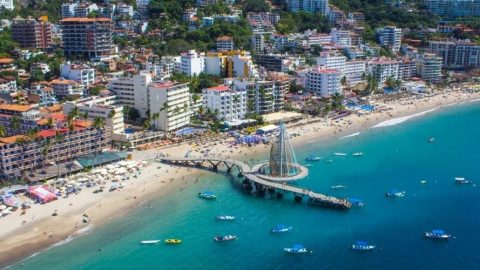
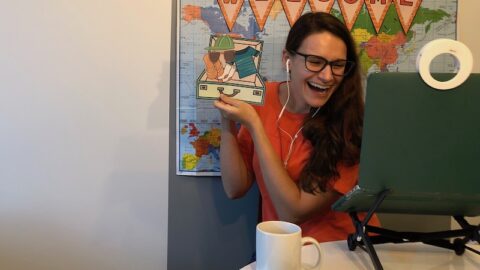
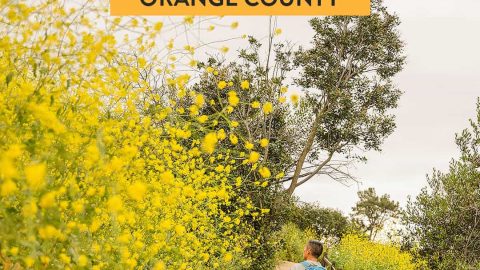

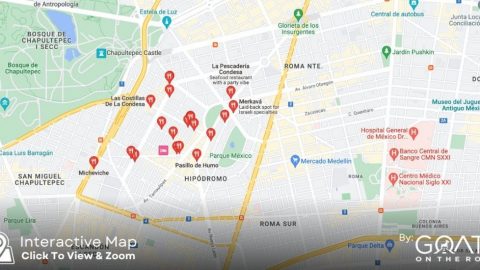
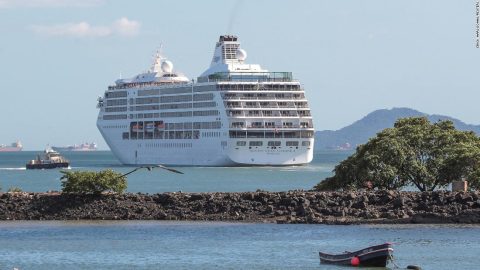
Recent Comments